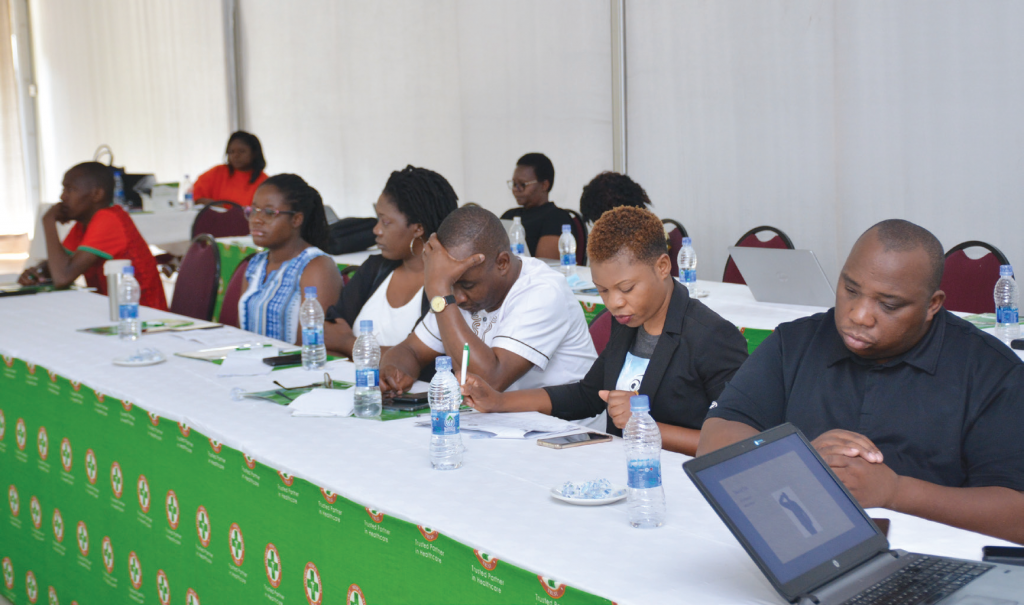Forex shortage jinxing fruition of CMST recapitalisation
Despite government recapitalising Central Medical Stores Trust (CMST) with K5 billion in the national budget, the trust is yet to see improvement in stocks and operations due to shortage of foreign currency.
The trust’s warehouse manager Stewart Lichapa made the remarks in Salima on Thursday on the sidelines of a two-day media workshop themed Reporting Medicines and Medical Supplies.

To date, government has recapitalised CMST with K22.5 billion, including K5 billion in the 2019/2020 budget and K12.5 billion in the 2021/22 budget.
Presenting on CMST’s successes, challenges and opportunities, Lichapa said forex challenges have disturbed bulk imports of essential medicines expected from tenders completed and awarded from as early as December 2021.
He said balancing the demand and supply of medicines is a complex process informed by a number of factors, based on orders received from public health facilities.
“By now, we expected a great improvement in supply but our suppliers are citing forex shortage as a challenge. This has resulted in partial deliveries by the suppliers based on priorities according to availability of forex, thereby hindering fruition of the capitalisation,” said Lichapa.
Speaking when he opened the workshop jointly organised by CMST and Oxfam Malawi, Principal Secretary responsible for administration in the Ministry of Health Benson Chisamile said the meeting could not have come at a better time than now when the ministry is working to improve efficiencies in service delivery by, among other things, improving the procurement, warehousing and distribution of health commodities.
He said the ministry’s interest in medicines as a driver of the country’s health gain is rooted in the responsibility to oversee a sound national healthcare system.
“Such a system must have strong checks and balances, and the media does that so well,” said the PS, adding that media reports alert the ministry and other stakeholders on different issues.
He further said it was his ministry’s expectation that the meeting would iron out issues and lay a foundation for closer collaboration between the media and the health sector.
CMST chief executive officer Dr Chikaiko Chadzunda said they would like to meet the media as frequently as possible, “but sometimes resources do not allow”.
“This is why CMST feels indebted to Oxfam Malawi for this opportunity at a time when medicines and medical supplies increasingly continue to take their place as a very vital ingredient towards having a vibrant national healthcare system.”
He challenged Oxfam Malawi and potential sponsors to support “even a bigger conference that accommodates more media practitioners and stakeholders to enrich the health governance discourse”.
Misa Malawi vice-chairperson Mandy Pondani appreciated her organisation’s partnership with CMST and Oxfam Malawi through support of the workshop and annual media awards on reporting health.
“Misa Malawi values any capacity-building initiatives targeted at journalists, and we hope this training will address challenges that the media faces in reporting the health commodity supply chain,” she said.
Oxfam media and communications lead for Southern Africa Daud Kaisi said the nation’s commitment is demonstrated by an increase in the allocation to the national health budget, hailing the trend in recent years.





